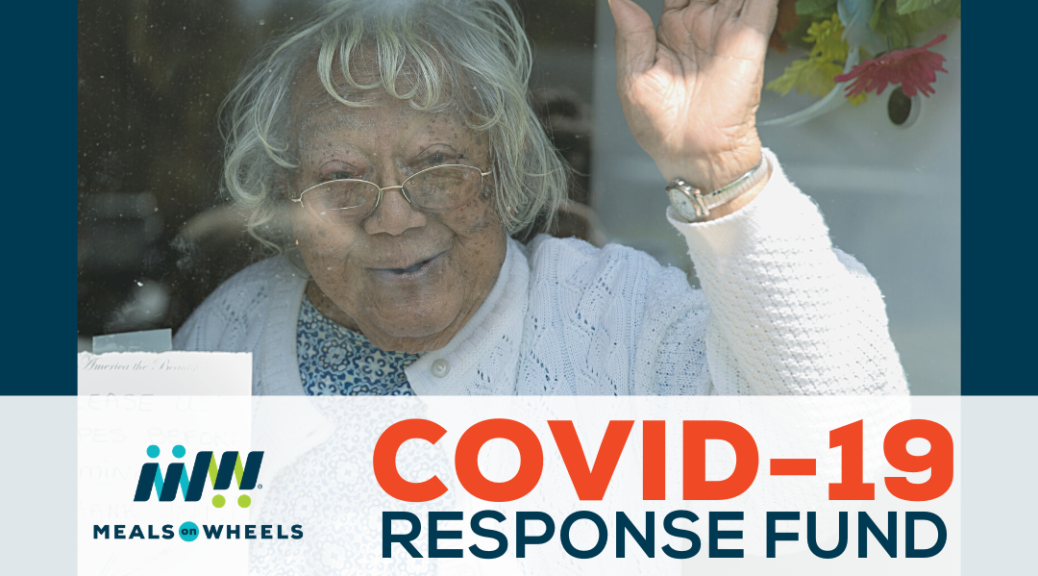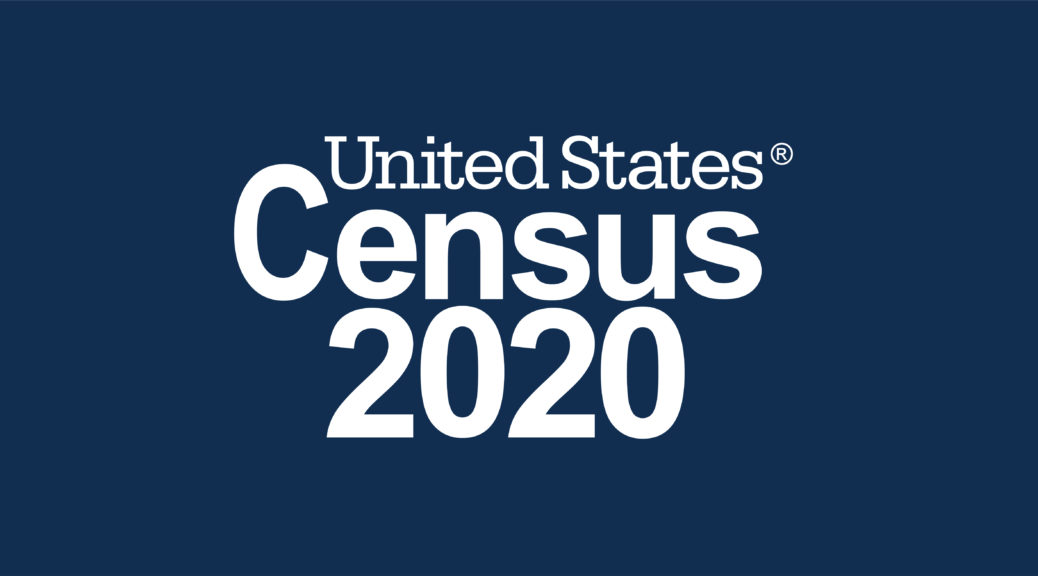By: Brie Wells
Close to 3.1% of adults in New Jersey live with serious mental health conditions such as bipolar disorder, schizophrenia, and major depression, according to the Substance Abuse and Mental Health Services Administration. Mental Health affects all aspects of life and is defined as a person’s emotional, psychological, and social well-being. As the Coronavirus Pandemic churns on and death rates rise, mental health in surrounding communities has taken a tremendous toll.
According to the CDC, The COVID-19 pandemic has been associated with mental health challenges and a rise in illnesses that are related to morbidity and mortality rates. As the days go on more and more cases increase and the national average goes up tremendously. In relation to public health emergencies, such as COVID-19, the spread of disease may affect the health, safety, and well-being of many individuals. This can cause a plethora of problems such as insecurity, confusion, emotional isolation, and stigma in relation to communities who have faced economic loss, work and school closures, inadequate resources for medical response, and deficient distribution of necessities according to the New England Journal of Medicine.
The frequency of these events which have been caused by the disease and the necessary mitigation activities used to prevent the spread of COVID-19 such as physical distancing and stay-at-home orders have dramatically affected the mental health of thousands of people. New Jersey remained under a mandatory stay-at-home order for months limiting access to stores, industries, and vital resources for all New Jersey residents. Recently, the stay-at-home order was lifted but New Jersey still has restrictions on travel and the reopening of business to contain the spread of COVID-19 which has prevented the return to normalcy.
In these times many New Jersey residents may need help with mental health resources and there are many options that are being offered to the community. One resource is through reaching out to NJ Mental Health Cares if one fears that a person they love may be struggling with mental health. NJ Mental Health Cares is a state health information and referral service that can help people who are dealing with anxiety and worry in relation to COVID-19. Residents can reach NJ Mental Health Cares by calling 1-866-202- HELP or by visiting https://www.njmentalhealthcares.org.
Another resource that can help with the handling of mental health is the advice listed on the CDC website to deal with mental stress related to COVID-19. These tips include knowing what to do if you are sick and are concerned about COVID-19, knowing where to get treatment, taking care of one’s emotional health, taking breaks from watching, reading, or listening to news stories, including those on social media and using methods such as meditation or stretching to reduce stress.
One final resource available to the public is a free hotline open to individuals who are deaf or hard of hearing to have a place to seek emotional support. Residents can call the video hotline at 973-870-0677 Monday through Friday from 9:00 am to 5:00 pm.
Although the cases of COVID-19 continue to rise in New Jersey, it is important to remember that keeping yourself healthy involves taking care of both physical and mental health.
Links to Research
https://www.nj211.org/covid-19-and-mental-health
https://www.nj.gov/humanservices/clients/mental/
https://www.cdc.gov/mmwr/volumes/69/wr/mm6932a1.htm
https://www.nejm.org/doi/full/10.1056/NEJMp2008017
https://www.rtor.org/directory/mental-health-new-jersey/
https://www-doh.state.nj.us/doh-shad/topic/MentalHealth.html



